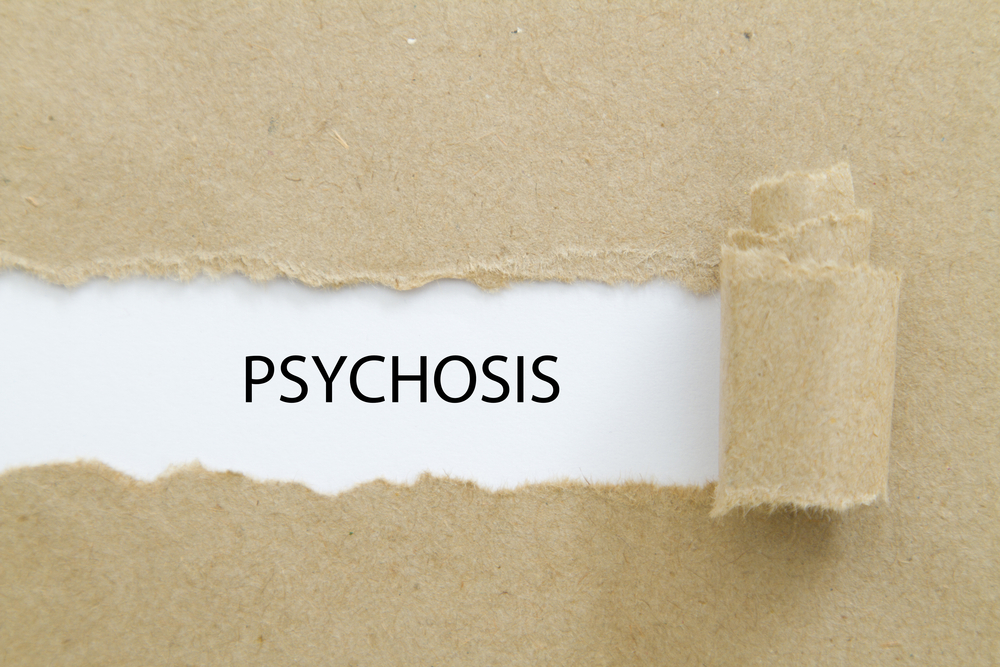TREATMENT
It is determined that in every three patients, there is one patient who spends more than five days in an ICU that experiences some conditions or symptoms of a psychotic reaction. As the number of intensive care units and the patient population increases, the number of persons affected by this disorder relatively increases. Patients that are being transferred out of the ICU quickly than in years past; ICU psychosis is more common in areas such as the ordinary medical floor of the hospital or sometimes occurs after release from the hospital.
The ICU psychosis treatment varies depending on the cause(s). It involves many factors and issues that need to be resolved to mitigate the symptoms. One of the necessary steps is reviewing the patient’s medications. The doctor in charge of the patient collaboratively works with the pharmacist in evaluating the patient’s medications to identify whether it influences the delirium.
Support from loved ones, familiar objects, and comforting words may also help. Another major factor contributing to this condition is sleep deprivation. Therefore, providing a quiet and restful environment is a must to let the patient sleep and rest are essential. Also, by controlling the visitors time in stimulating the patients can help. Dehydration can be medicated by taking appropriate prescriptions. Heart failure needs treatment with digitalis or cardiac glycoside. Infections must be examined and treated properly. Antipsychotic agents with sedation may help as well. A common prescription used in the hospital setting in treating ICU psychosis of the patient is haloperidol or other medications for psychosis (antipsychotics).
It is necessary to understand that in saving lives in the uncertain environment, ICU psychosis sometimes may be worthy of the costs incurred for cutting edge, appropriate medical life-saving procedures.


